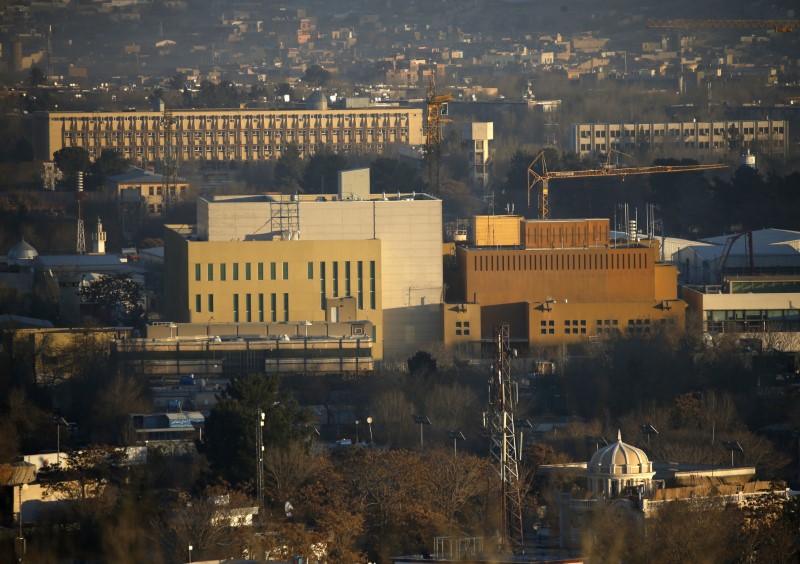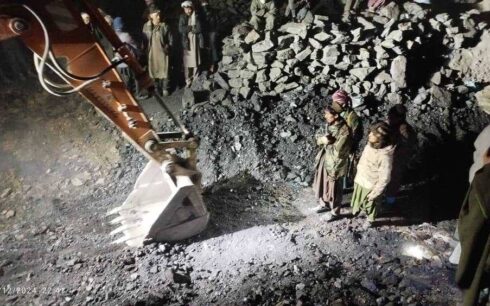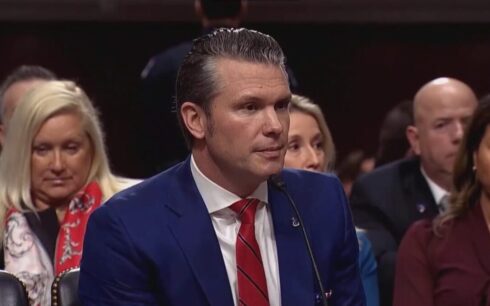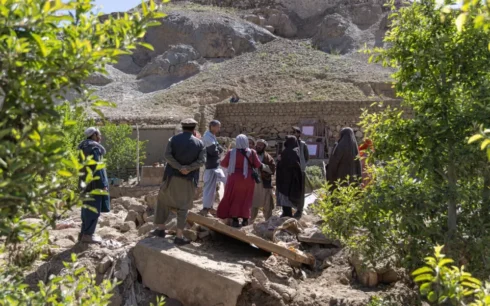KABUL, Afghanistan — Amid growing calls for the establishment of an inclusive government in Afghanistan, citizens and international representatives urged the Taliban to incorporate all segments of society, including women, to ensure proper representation.
The formation of an inclusive government remains one of the primary demands of the international community from the Taliban. Citizens asked the Taliban to respect basic human rights, including women’s rights.
“There should be an inclusive government where all ethnic groups contribute to it, whether they are Uzbek, Hazara, or Tajik, so that political stability can be achieved,” said Ali, a resident of Kabul.
“We want an inclusive government where all ethnic groups are included and provide us with job opportunities so that Afghanistan can be prosperous,” added Ahmad, another Kabul resident.
Hassan Kazemi Qomi, Iran’s special representative for Afghanistan, emphasized the need for an inclusive government, stating that the current reality in Afghanistan does not reflect the entire truth. Speaking at a meeting in Qom, Qomi noted that most power in Afghanistan is currently held by the Pashtun ethnic group. He asserted that creating an inclusive government is essential for political stability and reconstruction.
“We have clearly stated that Afghanistan belongs to all Afghans. If we want to avoid returning to the conditions of Bonn, we must pay attention to this issue. We engage with the Taliban while also providing our consultations,” Qomi said.
Currently, there are no women in the Taliban cabinet, and women and girls face severe restrictions, including bans on education, work, and access to public spaces. “There is no job for us—girls and women. There is no education. Restrictions are increasing day by day. We want these restrictions to be removed,” said Zahra, a resident of Kabul.
Maryam, another Kabul resident, stressed the importance of inclusivity: “In this government, all ethnic groups should have an active role to play for their country.”
Over the past three years, the Taliban has imposed repressive restrictions on women and girls, banning them from education, work, and public spaces. Activists have repeatedly urged the international community, especially countries with good relations with the Taliban, to pressure the group into forming an inclusive government that ensures the fundamental human rights of all Afghans.
“The reality is that the interests of the Afghan people have never been a priority for the countries, and the people of Afghanistan are fed up with the Taliban and the Taliban regime. Therefore, if these countries truly want political stability in Afghanistan, they should practically support an alternative to the self-proclaimed Taliban government,” said Maryam Marouf Arvin, a women’s rights activist.
Taliban has labeled calls for an inclusive government in Afghanistan as interference in the country’s internal affairs, while also asserting that its government is inclusive. Previously, officials from Russia, the U.S., and many other countries have stressed the importance of forming an inclusive political structure in Afghanistan.





